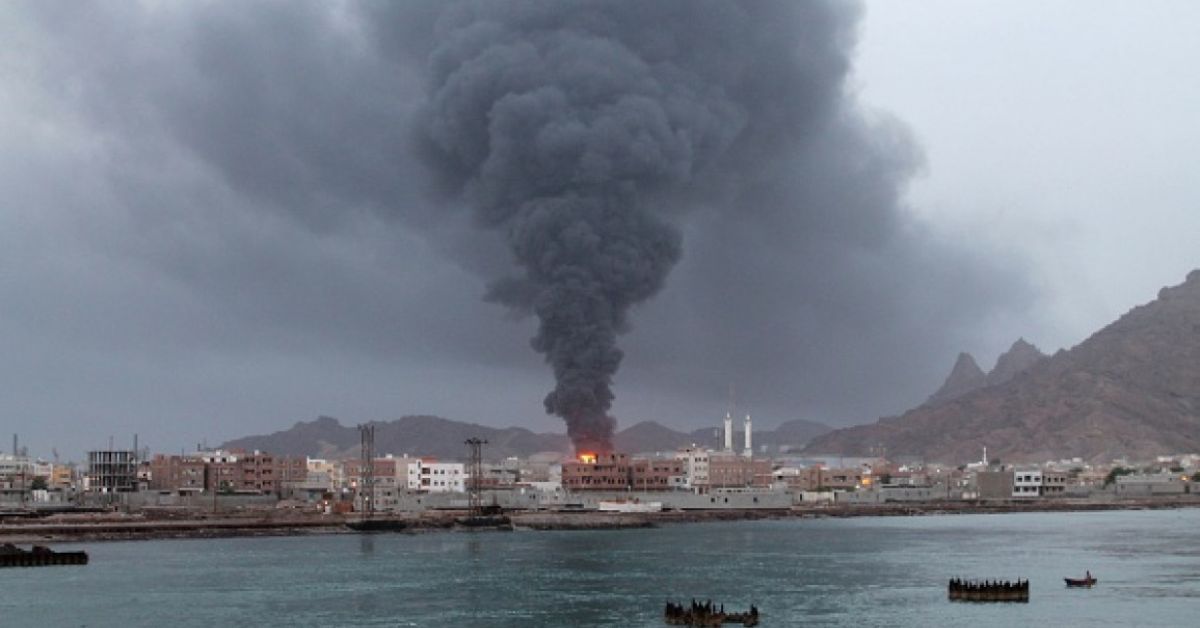Yemen’s Houthi rebels have signalled they will now limit their attacks in the Red Sea corridor to only Israeli-affiliated ships, just as a ceasefire in the Gaza Strip entered its second day. The Houthis’ announcement, made in an email sent to shippers and others, likely won’t be enough to encourage global firms to reenter the route that’s crucial for cargo and energy shipments moving between Asia and Europe. Their attacks have halved traffic through the region, cutting deeply into revenues for Egypt, which runs the Suez Canal linking the Red Sea to the Mediterranean.
The Houthis made the announcement through their Humanitarian Operations Coordination Centre, saying it was “stopping sanctions” on the other vessels it has previously targeted since November 2023. For Israeli ships, those “sanctions … will be stopped upon the full implementation of all phases” of the ceasefire, it added.
However, the center left open resuming attacks against both the United States and the United Kingdom, which have launched airstrikes targeting the rebels over their seaborne assaults. “In the event of any aggression … the sanctions will be reinstated against the aggressor state,” the center said. “You will be promptly informed of such measures should they be implemented.”
The Houthis have targeted over 100 merchant vessels with missiles and drones since the Israel-Hamas war in the Gaza Strip started in October 2023, after Hamas’ surprise attack on Israel that killed 1,200 people and saw 250 others taken hostage. Israel’s military offensive in Gaza has killed over 46,000 Palestinians, according to local health officials who do not distinguish between civilians and combatants but say women and children make up more than half the fatalities.
The Iranian-backed Houthis have seized one vessel and sunk two in a campaign that has also killed four sailors. Other missiles and drones have either been intercepted by separate U.S.- and European-led coalitions in the Red Sea or failed to reach their targets, which have also included Western military vessels.
The rebels had maintained that they target ships linked to Israel, the U.S. or the U.K. to force an end to Israel’s campaign against Hamas in Gaza. However, many of the ships attacked had little or no connection to the conflict, including some bound for Iran.
The tempo of Houthi attacks has slowed in recent weeks, particularly involving ships at sea. That may be due in part to the U.S. airstrike campaign. The U.S. and its partners alone have struck the Houthis over 260 times, according to the International Institute for Strategic Studies.
However, the rebels had continued to launch drones and missiles targeting Israel, which has warned it will continue to strike Houthi leadership. It also remains unclear how President Donald Trump will handle Yemen after he is inaugurated Monday. He may reapply a foreign terrorist organization designation on the Houthis that President Joe Biden revoked, which could spark attacks again.







